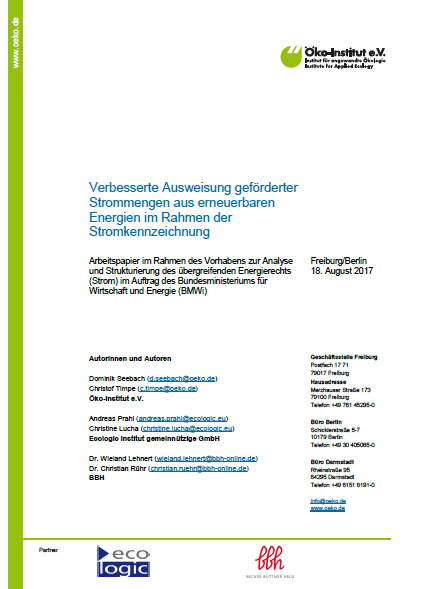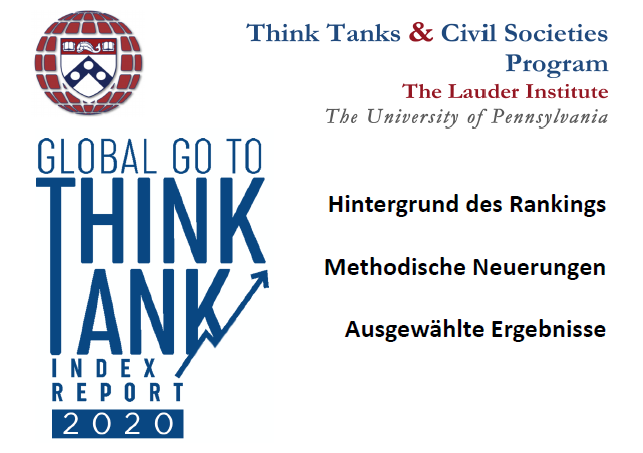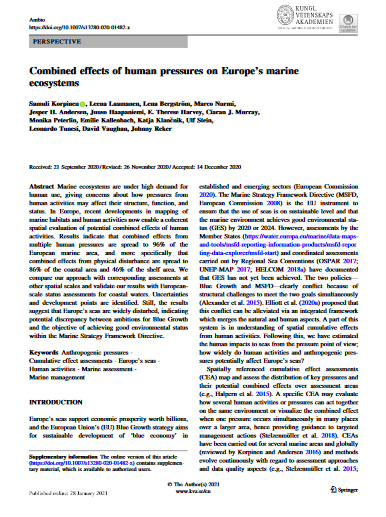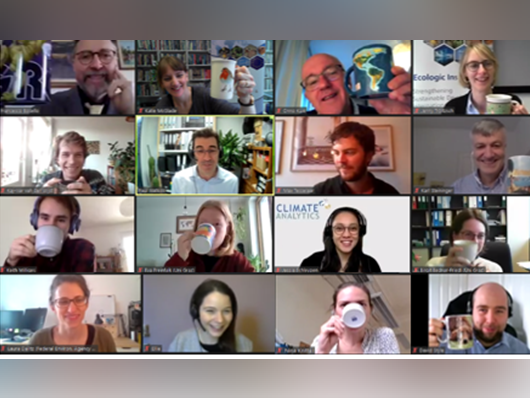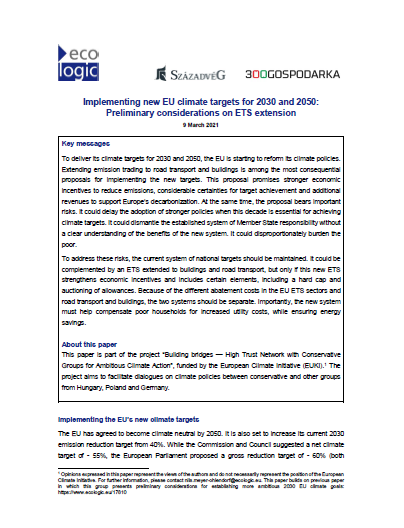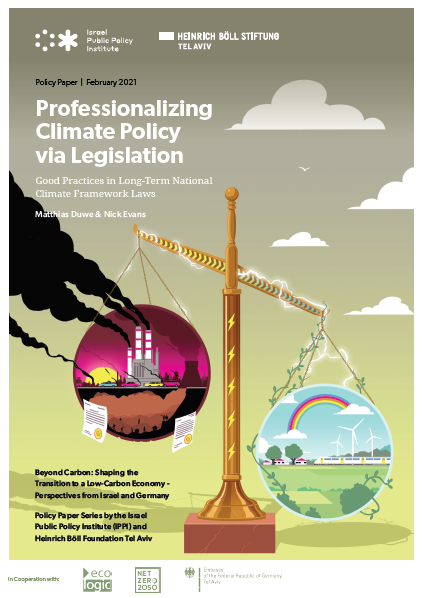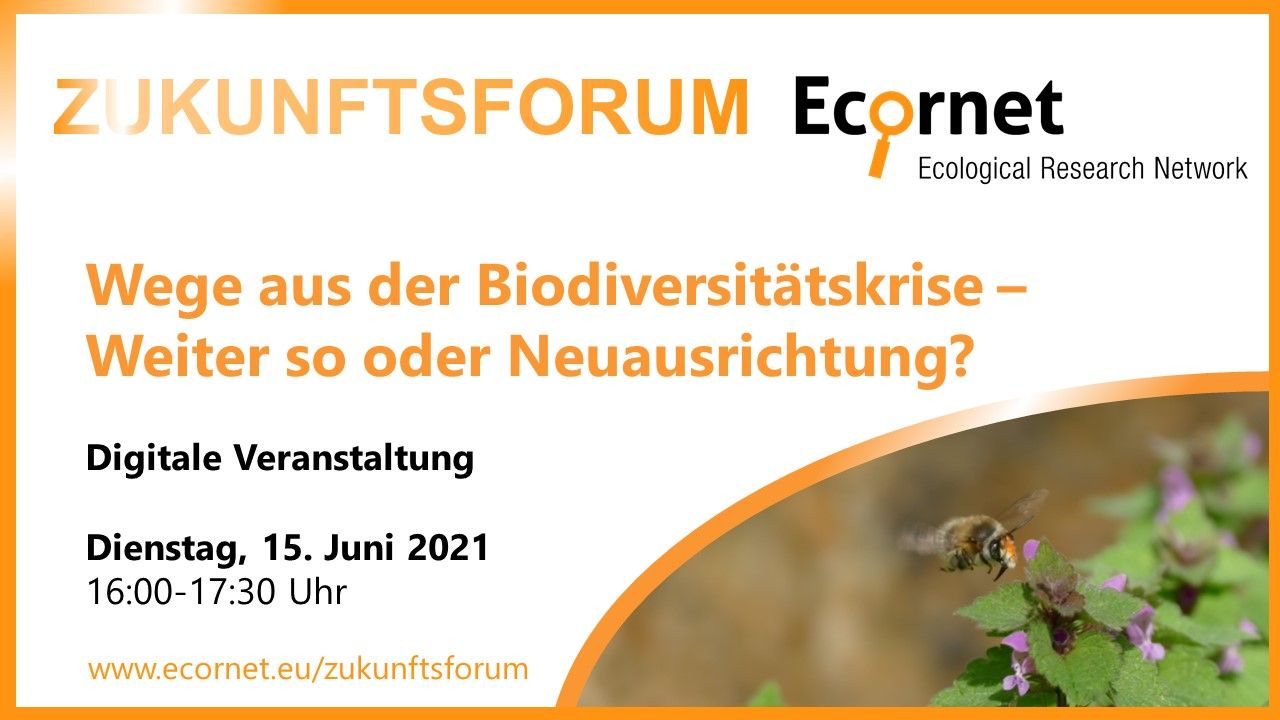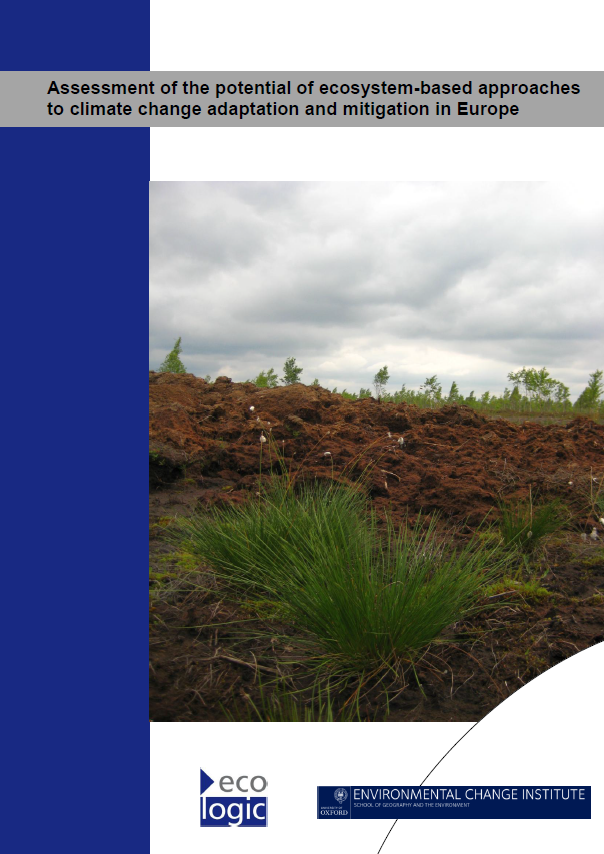Project
Publication:Document
Event:Workshop
Presentation:Speech
Event:Discussion
Publication:Article
Event:Workshop
Presentation:Speech
Publication:Document
Implementing New EU Climate Targets for 2030 and 2050
Preliminary considerations on ETS extension
Year
Read morePublication:Policy Brief
Professionalizing Climate Policy via Legislation
Good Practices in Long-Term National Climate Framework Laws
Year
Read morePublication:Policy Brief
Event:Digital Event
Publication:Article
From State to User-based Water Allocations
An empirical analysis of institutions developed by agricultural user associations in France
Year
Read moreEvent:Discussion
